You are here
- Home
- Our Impact
Our Impact
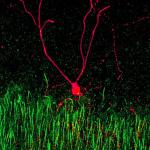
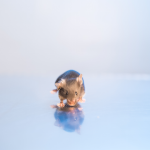
Monday, April 17, 2023
Mouse Study Hints at Specific Brain Receptor Behind PCOS Symptoms

Friday, March 24, 2023
Using the Power of Artificial Intelligence

Wednesday, February 15, 2023
P53 Could Be Key to Therapies for Salivary Gland Cancer

Monday, January 9, 2023
High Levels of Ammonia in Colon Tumors Inhibit T Cell Growth and Response to Immunotherapy
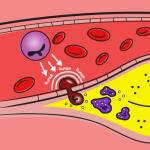
Thursday, December 15, 2022
New Immune Target to Treat Cardiovascular Disease Discovered
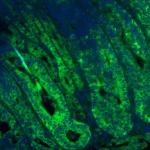
Monday, November 21, 2022
Dietary Change Starves Cancer Cells, Overcoming Treatment Resistance
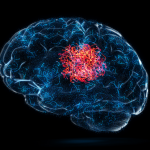
Tuesday, October 4, 2022
New Clues Toward Treating Pediatric Brain Tumors Harboring Epigenetic Mutation

Tuesday, September 27, 2022
How a Single Protein Can Slow Down Age-Related Hearing Loss
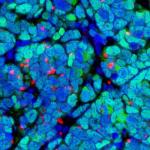
Wednesday, September 21, 2022
Viral Proteins Key to Tumor Model in Mice